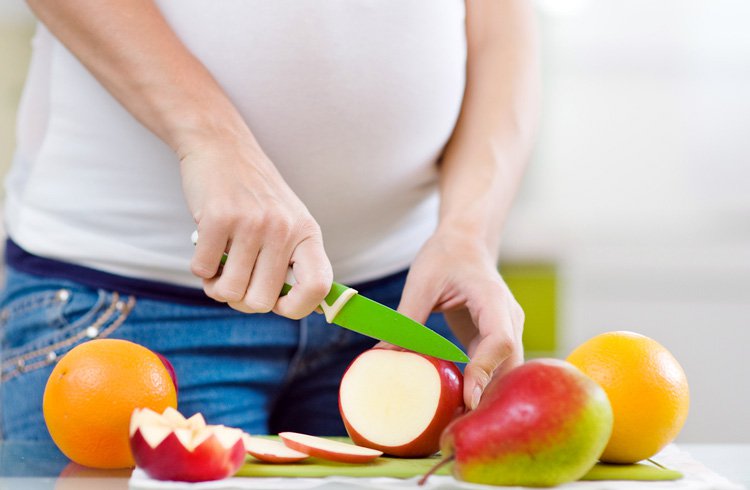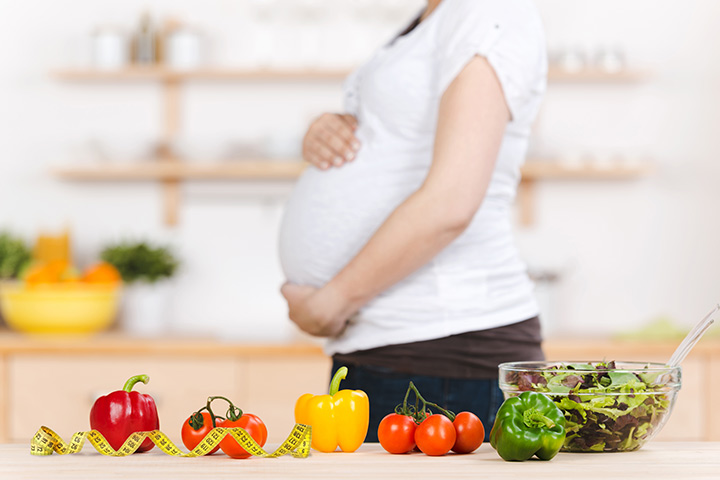Taking Omega 3 fatty acids during pregnancy has been proven to help the mother and baby in the long run. Recent studies performed on mothers show reduced chances of developing preeclampsia and infants show greater visual acuity than non-exposed children.

A preeclampsia diet should be a balanced diet. Pregnant women need to eat good, healthy food which is nutritious for the baby. To begin with eat whatever is healthy & whole foods .
- Protein is an important part of a pregnancy diet. Lean amounts of protein are important and should be about 80 to 100 grams of your daily diet. Your sources of protein include lean meat, fish, dairy including cheese, brewers’ yeast and wheat germ.
- Increase your calcium intake. Along with increased dairy ingestion, you should also take calcium supplements.
- Eat plenty of potassium-rich foods, like Avocado, Spinach, Sweet Potato, Dried Apricots, Pomegranate etc. to fight high blood pressure prior to becoming pregnant.
- Focus on including plenty of fresh fruits and vegetables, which are important superfoods for a healthy pregnancy. Vitamin C and E help prevent preeclampsia. These foods include cantaloupe, kiwi, whole grains, cabbage, egg yolks, seeds, sardines, tomatoes and citrus fruits.
- Eat less salt, especially table salt. You can sprinkle sea salt but avoid sprinkling table salt over food.

Vegetarians and vegans need to be very diligent about getting enough variety and vegetable proteins, but if they are, they will do just fine. Meat eaters need to add more nuts, seeds, beans and other vegetable proteins to acquire the proper variety of foods, as well. Eat the good food first and avoid junk food, desserts, white flour and sugar. This eliminates empty calories and maximizes the quality of the diet.
Stop looking for a “magic pill” or single cause and focus on prevention.